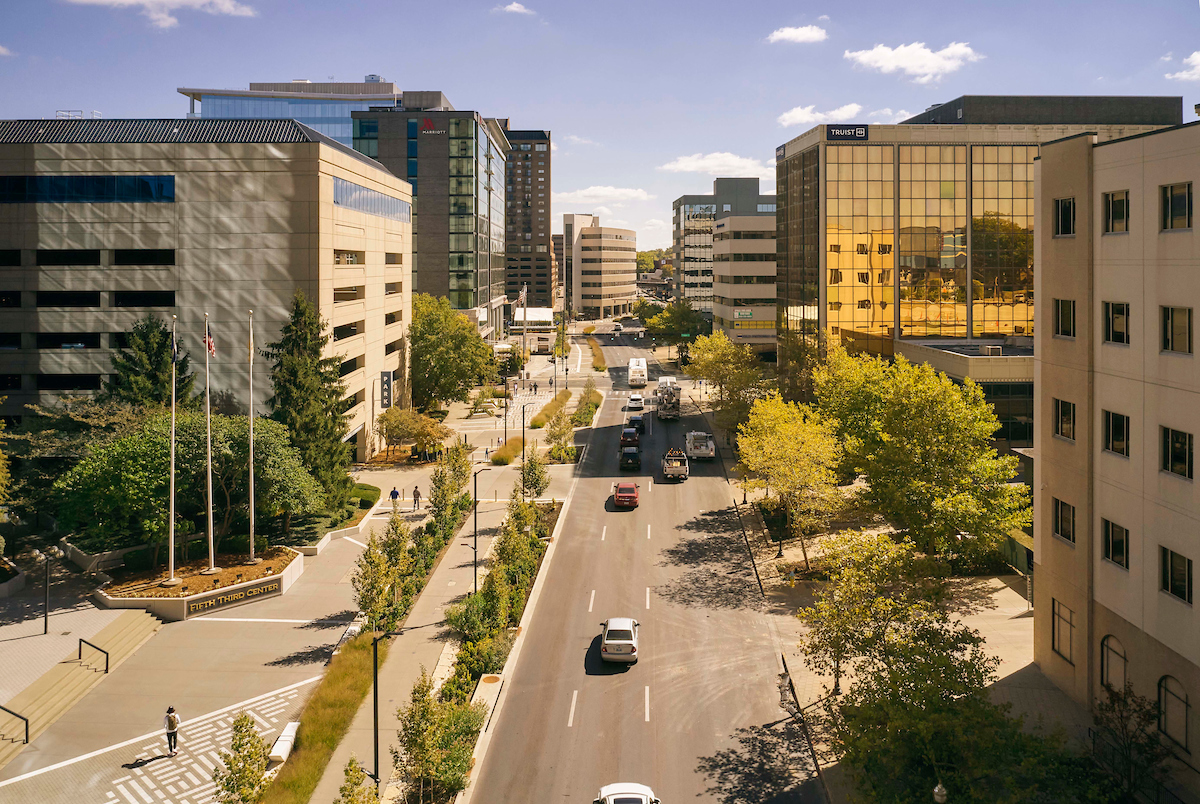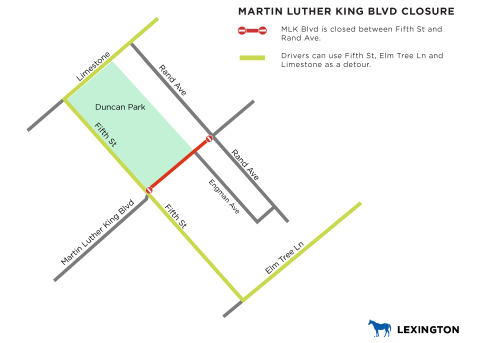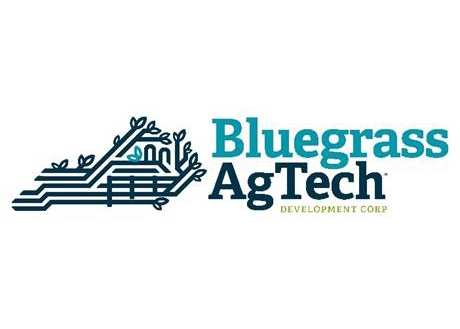
A new study by the Institute on Race, Power and Political Economy at The New School highlights Lexington as a leading example of how local governments are leveraging recovery funds from the American Rescue Plan Act to advance racial and economic equity.
A new multiyear study conducted by the Institute on Race, Power and Political Economy (the Institute) at The New School profiles Lexington as a leader in investing federal funds from the American Rescue Plan Act (ARPA) of 2021 to advance equity. Lexington’s ARPA investment strategy is highlighted by the Institute’s Budget Equity Project, which examined how local governments across the U.S. are investing flexible recovery funds from ARPA to support equity in their communities.
Lexington is featured among a set of case studies showcasing innovation, impact, and best practices in equitable public investment.
“We worked hard to listen to the community and put together a spending plan for our federal ARPA dollars that both benefited our entire community, and addressed our city’s most pressing challenges,” Mayor Linda Gorton said. “Thanks to the hard work of a very talented city staff, this study confirms that our plan is equitable.”
ARPA provided an unprecedented $130 billion in flexible funding for cities and counties to use for COVID-19 pandemic relief and longer-term, transformational investments. Lexington received $121 million in ARPA funding. For the first time ever, federal recovery funds were guided by the Biden-Harris administration's path-breaking equity policy by targeting resources to the communities of color, Tribal communities, and low-income communities disproportionately negatively impacted by the pandemic and systemic inequities.
“Funds from then American Rescue Plan Act were distributed to municipalities to aid in economic recovery from COVID-19. Proudly, Lexington funded projects and programs in all Council Districts, with allocations toward initiatives such as affordable housing violence prevention, homelessness prevention and intervention, and improvement of public spaces,” said Lexington’s ARPA Project Manager Jenifer Wuorenmaa.
The Budget Equity Project’s full findings are detailed in the new report, Advancing Equity with the American Rescue Plan’s Local Recovery Funds, and a comprehensive database including ARPA Equity Assessments of 170 U.S. cities and counties and more than 40 case studies on ARPA investments that are particularly innovative, community-driven, targeted to historically underserved or marginalized groups, or potentially transformational.
Led by economist Dr. Darrick Hamilton, the Henry Cohen Professor of Economics and Urban Policy at The New School, the Institute on Race, Power and Political Economy is a leading center for research to understand structural inequalities and identify groundbreaking ways to promote equity.
“The distribution of flexible ARPA recovery funds was part of an unprecedented fiscal response that included some direct investment in the productivity and wellbeing of the American people with some emphasis on historically excluded and disinvested communities,” Dr. Darrick Hamilton, Founding Director of the Institute, said. “The Institute’s Budget Equity Project offers an extensive first look at how local governments are putting ARPA recovery dollars to work in diverse and innovative ways to advance equity and racial inclusion.”
“Our study shows the positive impact and ripple effects of flexible federal recovery funds when anchored by clear equity guidelines,” Sarah Treuhaft, Director of Policy and Partnerships at the Institute, head of the Budget Equity Project, and report co-author, said. “Leading cities are demonstrating that centering equity throughout the process and engaging with the most-impacted communities results in investments that drive transformative change.”
-30-
For interviews with the Budget Equity Project team and report authors, contact Chris Jenkins, Director of Media and Communications at the Institute, at jenkinsc@newschool.edu.
About the Institute on Race, Power and Political Economy
The Institute on Race, Power and Political Economy advances research to understand structural inequalities and works to identify groundbreaking ways to promote equity. A premier cross-disciplinary hub, the Institute draws on faculty across The New School in New York City, which has long fostered innovative thinking about power, structure, design, politics, economics, and society. The Institute engages with researchers and practitioners, including community and business leaders, policymakers, philanthropists, and journalists across the nation and around the world.
About the Budget Equity Project
The Budget Equity Project at the Institute on Race, Power and Political Economy aims to equip community leaders and policymakers with research, tools, and frameworks to support equitable local budgeting. Through this project, the Institute is tracking whether and how local governments are making equitable investments with their federal American Rescue Plan Act fiscal recovery funds and documenting exemplary investments and approaches. The project team is also producing a prototype budget equity assessment tool for community leaders to use to champion equitable budgeting processes and investments.



